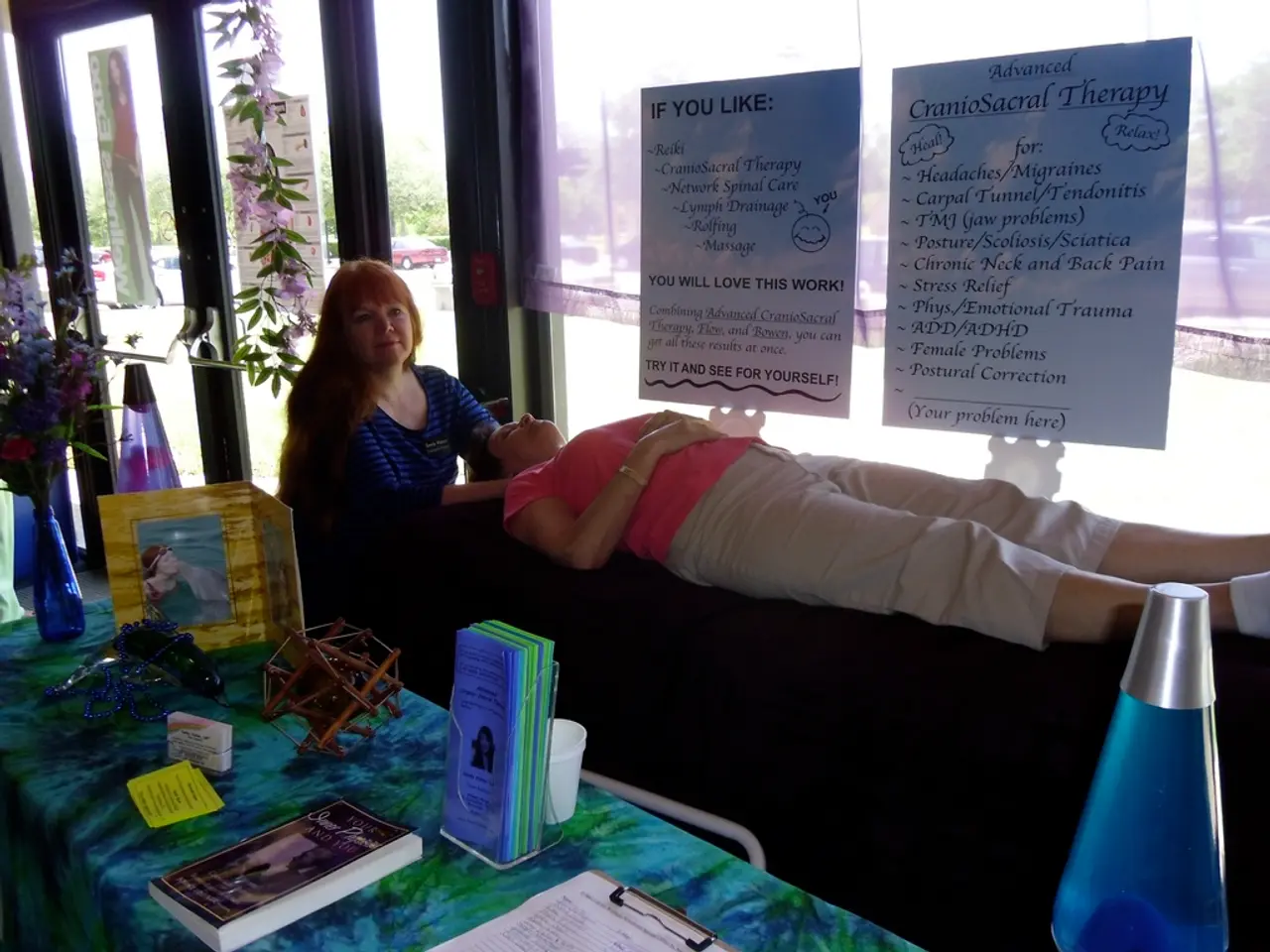The Psychological Reasoning Behind Your Propensity to Deceive Yourself (And How You Subconsciously Accept It)
================================================================
In the intricate labyrinth of the human mind, the concept of truth and lies is not always as straightforward as one might think. People's truths can vary significantly depending on viewpoint, memory, emotional state, and context. This complexity is rooted in the cognitive processes that take place in the prefrontal cortex, the region responsible for decision-making, planning, and impulse control.
Lying, it turns out, is cognitively demanding. It requires suppressing the truth, constructing believable alternatives, remembering the lies, and managing the social context of deception. People lie for various reasons, including self-protection, avoiding conflict, protecting others' feelings, strategic manipulation, and sometimes pathological compulsion.
However, the brain's complexity in dealing with lies also makes it susceptible to errors. Repeated lying can desensitize the brain, making it easier and reducing feelings of guilt. Skilled liars or psychopaths, for instance, can pass a lie detector test because their brain has rewired what it thinks to be reality.
Lie detector tests, such as polygraph tests, measure physiological reactions like increased heart rate, sweating, and pupil dilation, assuming that lying creates stress. However, these tests are not infallible. Physical signs can be caused by anxiety, fear, or other emotions unrelated to lying, and skilled liars can control or mask these signs. Furthermore, the brain's ability to rationalize and construct lies complicates lie detection.
Human truth perception is further complicated by cognitive biases and psychological factors. Confirmation bias, for example, leads people to interpret ambiguous information in a way that confirms their beliefs, which can distort assessment of others' honesty. Some individuals, such as highly sensitive people, may be neurologically better at detecting lies because their brain processes information more deeply and notices subtle behavioral cues missed by others.
Regular dishonesty affects the brain by reducing emotional responses to lying and potentially eroding personal integrity or social trust over time. Habitual liars may become comfortable deceiving others and themselves, sustaining double lives or prolonged secrets with less psychological distress. This neural adaptation makes habitual lying easier but can damage relationships and self-perception.
In conclusion, humans lie due to complex cognitive and social motivations processed in brain areas involved in executive function. This complexity renders lie detection imperfect and makes judging others' honesty a nuanced challenge influenced by brain function and psychological factors. For those seeking lie detector tests, whether online or professional, it's essential to remember that results are only as accurate as the emotional stability of the test taker. Self-awareness, using critical thinking, and checking presumptions are necessary for discerning truth from lies.
- The cognitive processes that underpin deception are rooted in the prefrontal cortex, a region that also controls decision-making, planning, and impulse control in science.
- In the realm of health-and-wellness, engaging in regular dishonesty can potentially erode personal integrity or social trust over time, affecting one's mental-health negatively.
- Assessing others' honesty can be a nuanced challenge, as cognitive biases and psychological factors in relationships can distort perception, leading to errors in judgment.
- In the realm of love-and-dating and lifestyle, maintaining a habit of lying can lead to damaged relationships and self-perception, making it essential to cultivate self-awareness and critical thinking.




